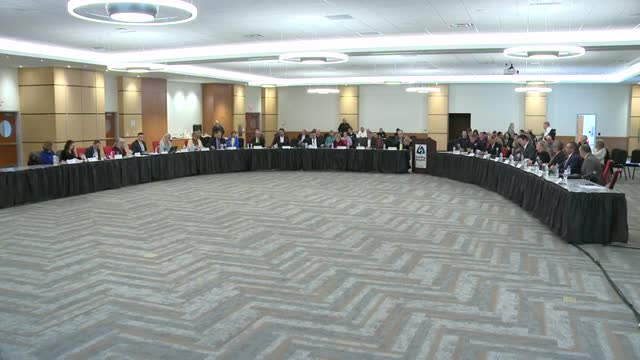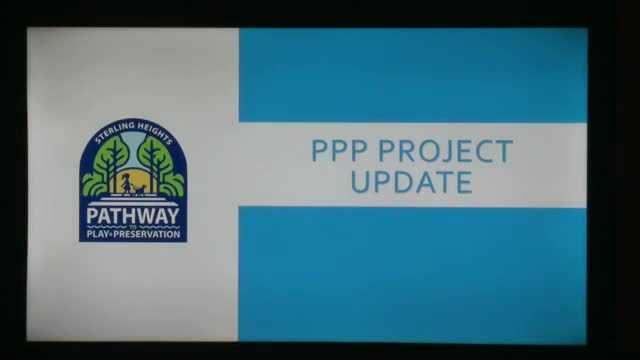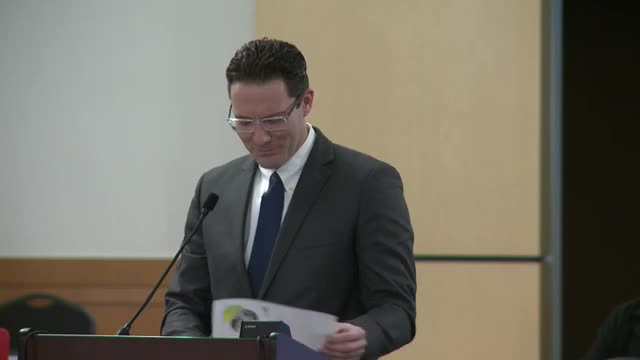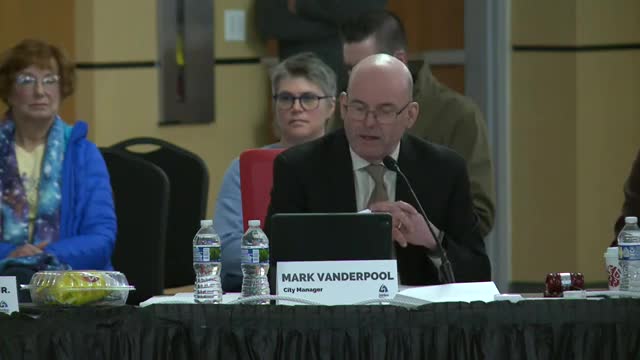Article not found
This article is no longer available. But don't worry—we've gathered other articles that discuss the same topic.

At a glance: motions at Sterling Heights strategic planning session

Council briefed on Pathways to Play & Preservation millage work plan: sidewalks, park projects, reforestation and land bank funding

Sterling Heights presents mental‑health strategic assessment; staff propose coordination, peer supports and crisis partnerships

City highlights curbside recycling gains, explores more e‑waste options and weighs storm‑water utility

Sterling Heights unveils first Climate Action Plan with 5 sectors and near‑term actions for 2050 net‑zero goal

